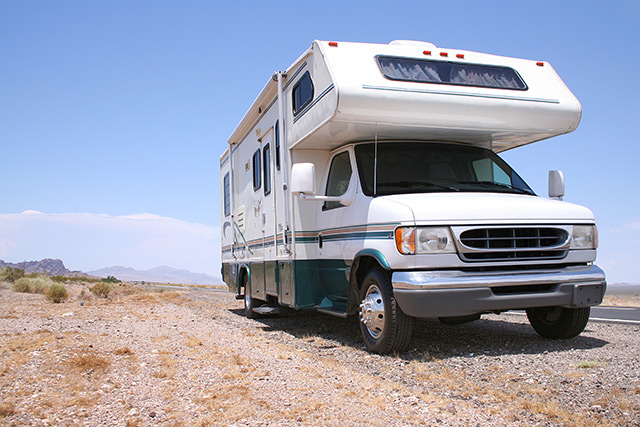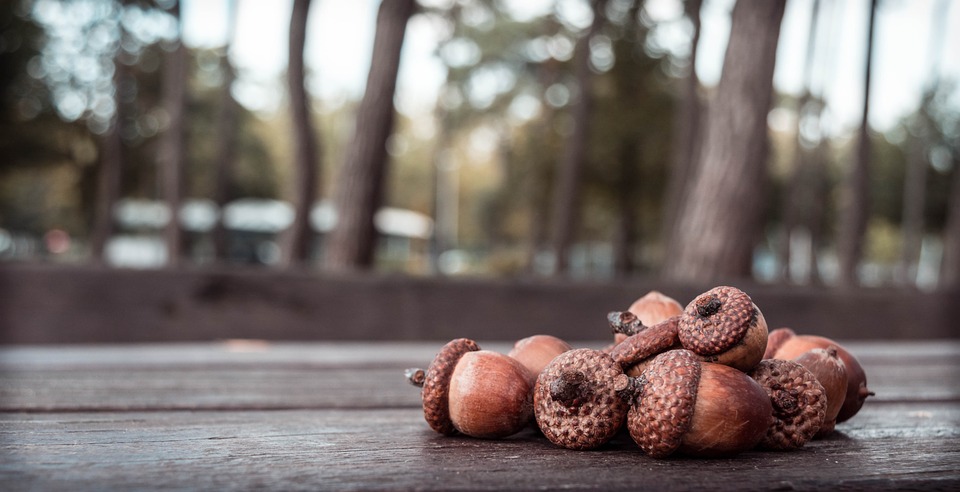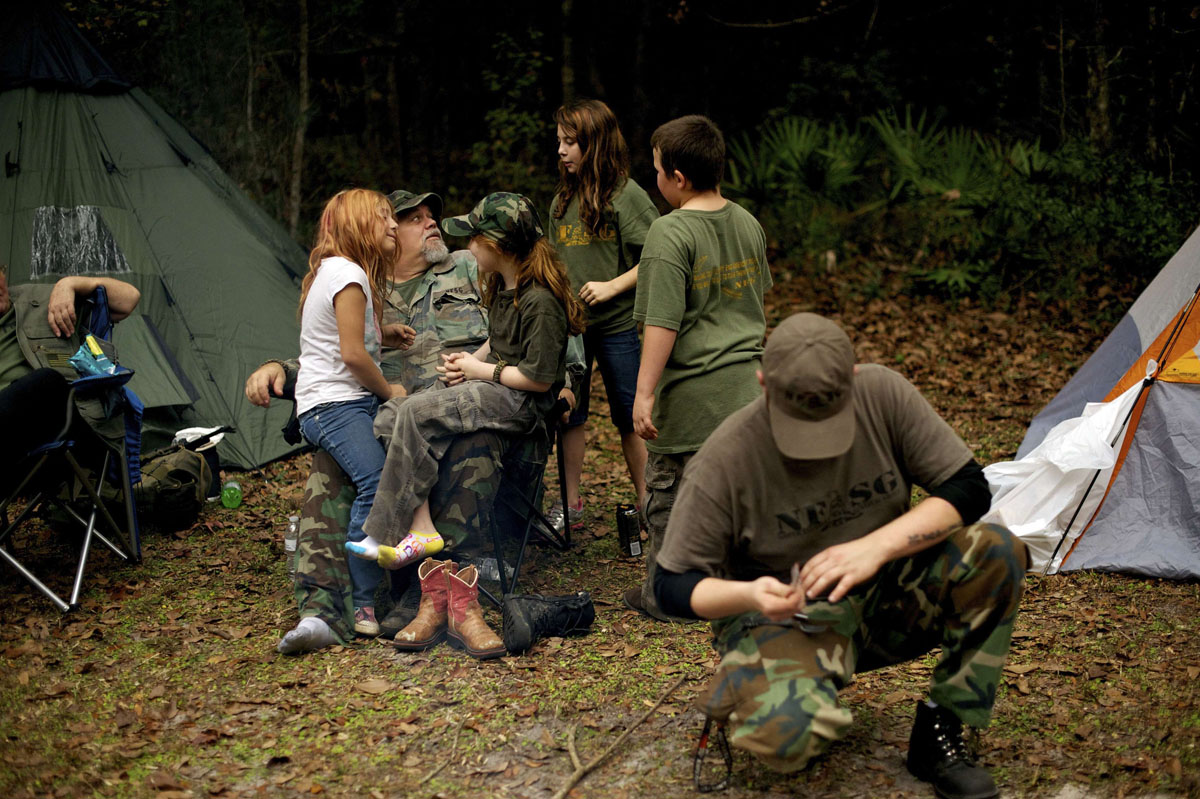Prepper medicine: Considerations for OTC meds in your survival cache
08/30/2019 / By Edsel Cook

Non-prescription drugs are a vital part of any prepping stockpile or bug-out bag. As a prepper, when selecting over-the-counter drugs, you must consider potential drug interactions; decide between branded and generic products; evaluate herbal alternatives; and keep track of expiration dates.
Taking more than one drug at the same time may lead to harmful interactions between the medications. The drugs either interfere with each other or amplify their effects to dangerous levels.
One example is how the herbal medicine St. John’s Wort disrupts the effect of various drugs like birth control pills and heart medicines. The wort disables enzymes in the liver that get rid of the other drugs.
Another example is taking acetaminophen and Nyquil together. Nyquil already contains acetaminophen, and an overdose of this drug causes severe harm to the liver.
When in doubt, befriend the local pharmacist. He or she knows more about pharmaceutical drugs than other healthcare providers. Ask the pharmacist about safe doses, dangerous interactions, appropriate storage techniques, and expiration dates of drugs.
Pharmacists may also be able to tell you about herbal supplements. These natural products do not fit the legal definition of a “drug” (which doesn’t mean they’re illegal), but they exert pharmacological effects such as pain relief.
Generic drugs are usually as good as branded ones
In general, generic drugs achieve the same pharmacological effect as their branded equivalents. However, there are times when it may be better to spend a few extra dollars on a name brand drug.
A generic drug tends to be a few years old in terms of availability – its production patent has run out. The price of a generic drug is much lower than that of a branded one.
The U.S. Food and Drug Administration requires generic drugs to contain the exact amount of ingredients indicated on its label. Companies generally comply with FDA regulations.
The sole advantage of branded drugs is their formulation. A formulation provides details like the presence of non-drug ingredients in the dose and the use of a chemical complex for the drug.
A formulation affects the rate of absorption and the duration of a dose. While this does not matter for most drugs, some pharmaceuticals work best through certain formulations.
Study the formulation of a name brand or ask the friendly neighborhood pharmacist about it. If the effects are worth the extra cost, get the branded one.
About herbal supplements and expiration dates
Treat medicinal herbs and herbal supplements with the same care given to pharmaceutical drugs. Some herbal concoctions share the same active ingredient as drugs. Others do not have synthetic equivalents. Furthermore, herbs may be cultivated in a survival garden or medicinal garden.
On the other hand, regulations for herbs and supplements are much less strict. These products often get adulterated by unscrupulous manufacturers. Also, the dose and effectiveness of the herb or supplement may vary. Not every plant will produce the exact amount of the active compound.
Only get herbal supplements from a trusted source. This is one of the few times that getting a branded product is better than a generic version.
Finally, remember to rotate drugs out of your survival cache before they hit their expiration date. The majority of drugs become less effective over time. Some of them may also generate toxic byproducts after expiring.
Turn expired drugs over to someone who knows the proper disposal methods. Do not flush them down the drain or toilet.
Drugs kept in a vehicle must be rotated more frequently than the ones stored indoors. The constant and considerable temperature changes inside a car degrade chemicals faster than normal.
Sources include:
Tagged Under: bug out, emergency medicine, herbal medicine, homesteading, off grid, otc medicine, over the counter meds, pharmaceutical drugs, preparedness, Preppers, prepping, Prescription drugs, Prescription Medicine, SHTF, supplements, survival cache
RECENT NEWS & ARTICLES
COPYRIGHT © 2017 PREPAREDNESS NEWS



















